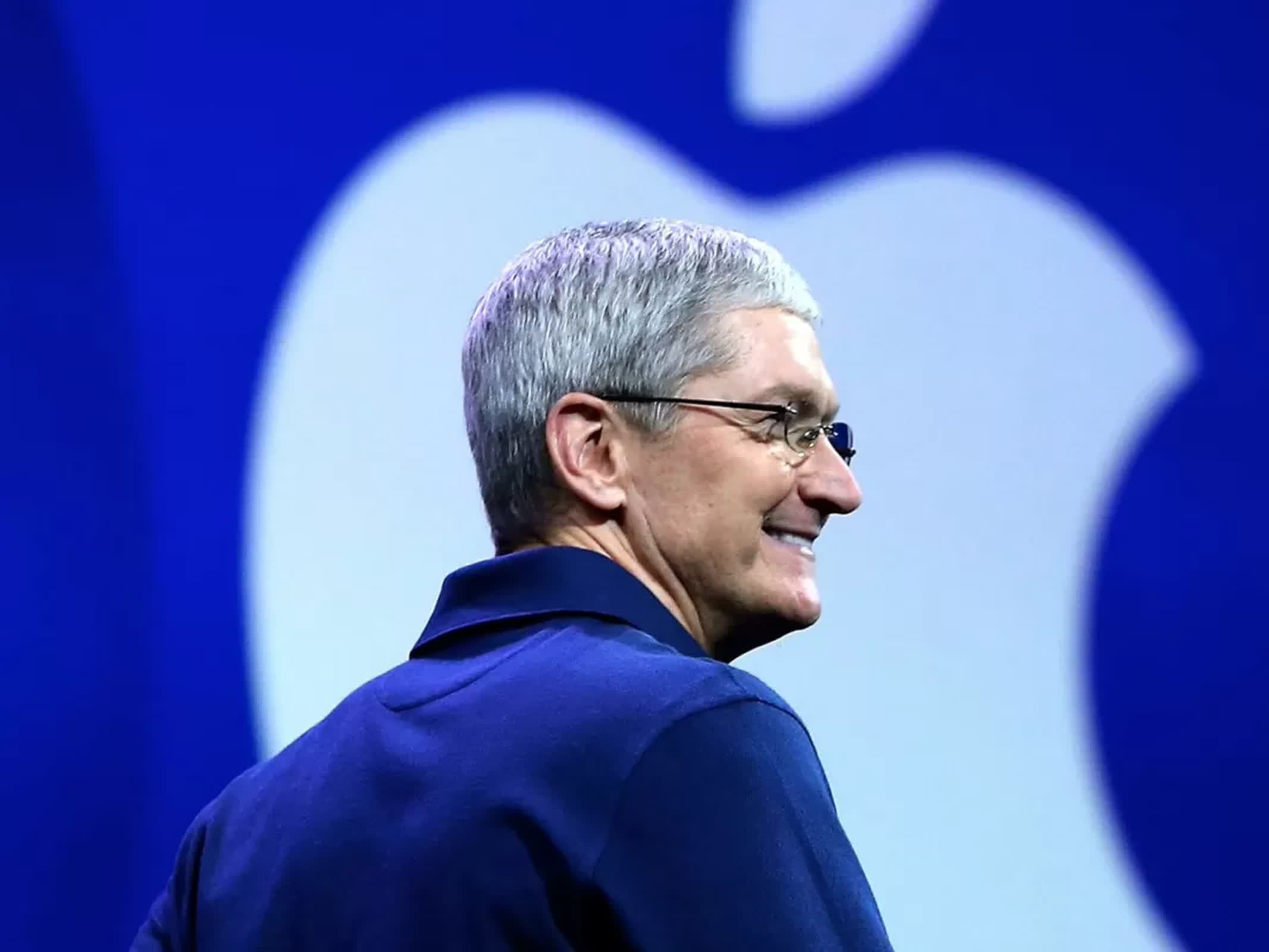TL;DR: A new administration is taking over Washington DC, and business executives are eager to cultivate favor with President-elect Donald Trump. Known for his tight inner circle, execs wonder how to approach Trump and build a relationship with him. But it seems Apple CEO Tim Cook has cracked the code.

In the complicated world where US politics and business intersect, Apple CEO Tim Cook has managed to forge a unique and influential relationship with President-elect Donald Trump.
This relationship, cultivated through strategic interactions and shared interests, serves as a blueprint for other tech leaders – albeit one that may be difficult to replicate.
Cook's approach to building a rapport with Trump has focused on direct engagement, bypassing traditional lobbying channels. Instead of delegating interactions to government relations executives or lobbyists, Cook personally reached out to Trump through phone calls and private dinners. This hands-on approach allowed Cook to establish a connection with Trump, which many other corporate leaders have struggled to achieve.
One of Cook's key strategies was to focus on areas where Apple's interests aligned with Trump's agenda. By identifying common ground, Cook was able to foster a mutually beneficial relationship, and during Trump's first term, Cook successfully advocated for Apple's interests in several high-stakes policy discussions.
For example, in 2017, as Trump was formulating a tax-cut plan, Cook seized the opportunity to propose that Apple would increase its US investments if allowed to repatriate $250 billion in overseas cash at a reduced tax rate. This proposal aligned with Trump's economic goals and was later cited by Trump as a success story of his tax policy.

Cook's most significant victory came in 2019 when Apple faced a potential 10 percent tariff on imports from China. Worried about the impact such tariffs would have on iPhone prices and Apple's competitive position against foreign rivals like Samsung, Cook personally lobbied Trump. His efforts paid off when the Trump administration announced it would scale back its tariff plan, exempting a range of electronics, including the iPhone.
Then there was the time Trump visited an Apple manufacturing site in Austin, Texas, with Cook. Although the plant had been operational for years under a contractor, Trump claimed credit for its opening – a statement neither Cook nor Apple corrected.
Trump has publicly praised Cook for his direct engagement strategy. "That's why he's a great executive because he calls me and others don't," Trump said in 2019.
Congratulations President Trump on your victory! We look forward to engaging with you and your administration to help make sure the United States continues to lead with and be fueled by ingenuity, innovation, and creativity.
– Tim Cook (@tim_cook) November 6, 2024
Even before Trump's recent electoral victory, Cook resumed his engagement efforts. On a podcast in October, Trump mentioned that Cook had reached out regarding Apple's legal challenges in Europe. "I'm not going to let them take advantage of our companies," Trump reportedly assured Cook.
Despite these successes, replicating Cook's playbook may prove challenging for other executives. Few companies possess the brand recognition and influence of Apple or its CEO. According to industry insiders, gaining access to Trump's inner circle is particularly difficult without an existing relationship.
Ron Williams, former CEO of health insurer Aetna and current board member at companies such as Warby Parker, told the Wall Street Journal that engaging with political leaders has both benefits and risks. "Anytime you can build a relationship with someone, you are advantaged," Williams told the publication. However, he cautioned that such engagements require careful consideration of potential outcomes.
Williams shared his experiences of providing fact-based insights to government officials during his tenure at Aetna. "Developing relationships takes time and strategy," he said, advising executives to weigh whether direct engagement or working through intermediaries is more effective.
Some executives are turning to trade groups or hiring lobbyists with established connections to Trump's circle. Others are considering proposing ideas directly to new government entities like the Department of Government Efficiency led by Elon Musk and Vivek Ramaswamy.
Alternative strategies are also being explored. One technology CEO plans to leverage venture capital investors within Trump's orbit rather than rely solely on traditional lobbying firms.
However, not all efforts have the desired results. FedEx chairman Fred Smith recounted to the WSJ his attempts to influence Trump's views on globalization and tariffs without success. Despite their differing perspectives, Smith described Trump as "a very nice fellow, one-on-one."
As corporate leaders navigate these dynamics, Cook's approach remains a reference point. In a recent social media post congratulating Trump on his win, Cook signaled his intention to continue their relationship: "We look forward to engaging with you and your administration."
Tech CEOs look to Apple's Tim Cook approach for building ties with President-elect Trump